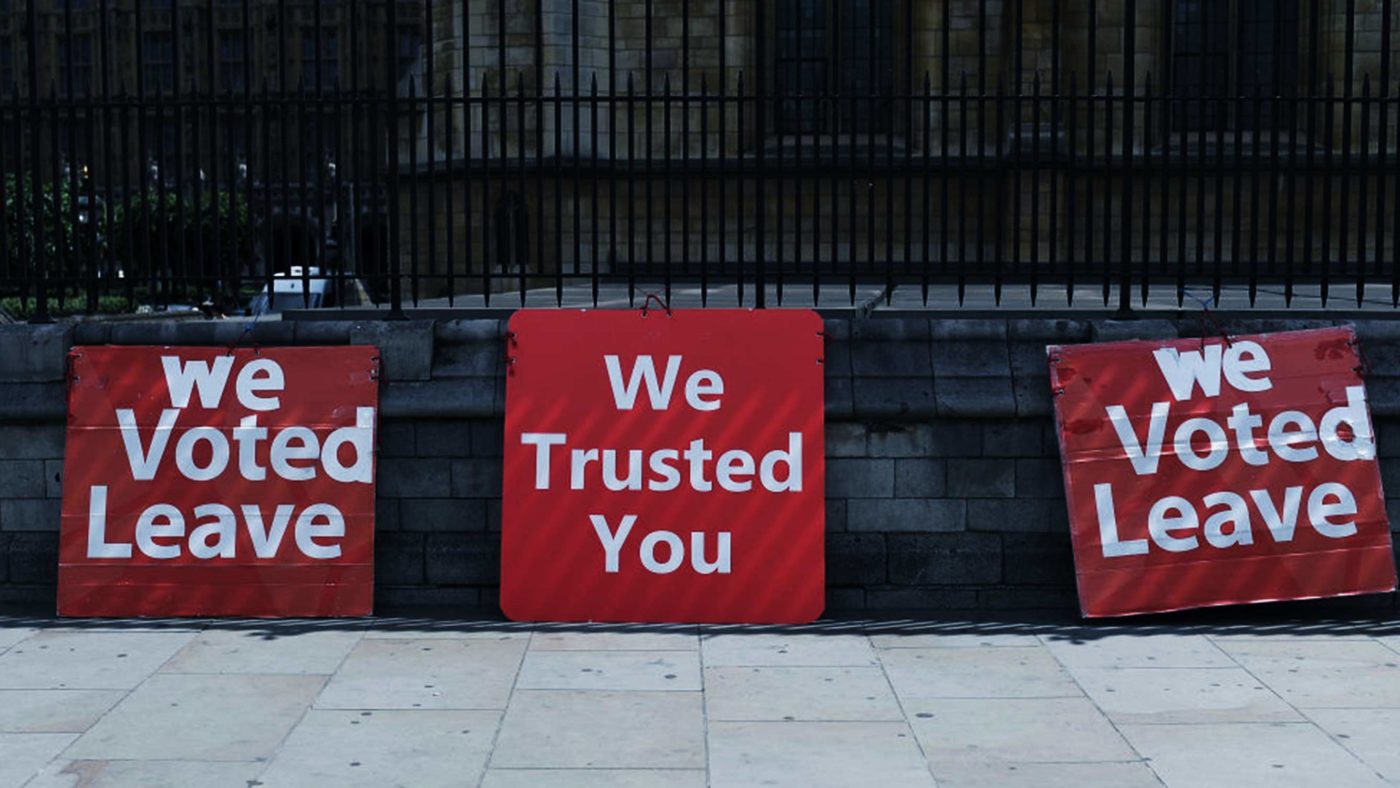If you meander for an hour or two around Parliament Square, you may find yourself somewhere beyond the looking glass gazing into the British soul. For Westminster is not just the home of our political heartbeat but also the unequivocal epicentre of British eccentricity. Almost no cause, it seems, is too serious to be spared the indignity of an interpretative dancer from the West Country in temporary possession of a megaphone.
Nevertheless, Wednesday’s protest against Parliament’s early prorogation must rank as one of the most facile demonstrations the old quadrangle has seen. Only a democracy unblemished by the historical scars of occupation or revolution could give serious thought to whether the loss of nine sitting days of Parliament merits the description “coup”. Absurd doesn’t even come close.
Still, somewhere amidst their froth and fury lies a clue to the riddle of Brexit division. Because it is not the suspension of Parliament that roils up the Remainer-ultras as much as their belief in the imminent suspension of politics. Ardent Brexiteers who believe leave means leave indefinitely share in the same delusion. Indeed, should we leave on October the 31st it is perfectly possible we might apply to re-join on November the 1st. Quite transparently, this will not actually happen but the important point is merely that it could. Our relationship with Europe cannot be settled any more than politics itself can be settled. Nothing lasts forever.
This may seem a rather trite argument, yet its embrace is central to the ebb and flow of representative democracy. Referendums however, give politics a stake-raising veneer of resolution; a final decision from which there is no going back. That this is nonsense does not seem to have stopped it enveloping almost the entirety of our political class. And so perspective is warped until the battle of Brexit day becomes the be all and end all. Do or die.
One of the hardest tasks in political combat is distinguishing the signal from the noise. But what makes this week so intriguing is that the noise is in fact the signal. Can Parliament still stop no deal – absolutely. The more revealing question is why the Government – with a majority of one no less – seems so set upon wilfully goading its opponents when there are countless paths of less resistance.
In Fire and Fury, Michael Wolf’s breathless account of the early Trump presidency, Steve Bannon is confronted by colleagues angry with his handling of the Muslim Travel ban. Their complaint is how his decision to announce on a Friday hit the airports hardest and brought out the most protesters. “Err that’s why” Bannon replies. “So the snowflakes would show up at the airports and riot”.
This is the Bannon doctrine in a microcosm: troll your enemies to energise your supporters. Its key ingredient – the life force of populist politics, now as always – is division. And this week’s real signal is the absolute certainty we now have about the populist method the Government will use in its pursuit of Brexit and power.
But whilst the ‘get ready for Brexit mugs may be clinking at the success of another textbook move, those with a slightly longer view of the Conservative Party’s future should take a dim view of their conduct.
For one, populism is antithetical to conservatism and, before long, will drive more conservatives than Ruth Davidson away. For two, it does nothing to challenge the purity doom-loop unleashed within the party. Boris Johnson may view himself as the note to end the crescendo but, as the disturbing spectacle of Chis Williamson across the aisle shows, there may be a whole sordid symphony to come.
Most important though is what this theatre does to Brexit. Because the truth is the more Cummings’s performance showcases its enormity to the country, the more likely Brexit is to fail.
On this, one can easily imagine the Brexiteer eye-roll that will greet yet another prediction of the project’s political demise. But apocalyptic warnings about no deal are the wrong way to conceive of a potential backlash.
No, the way Brexit really betrays its people is if nothing much happens at all. Because many leave voters, often in areas with a rich folk memory of Tory treachery, undeniably voted for big change. The question that should keep Brexiteers up at night is whether a rearrangement of our trading relations can really change – quickly and significantly – voters lives in Mansfield for the better. For rest assured – the signal they have been sent, both now and since 2016, is that it will.
What might happen if it does not is a speculative question too far. But in embracing populism the Government is playing with political fire. The short-term outlook may well be bleak for Remainers. But if they look beyond the battle to the never-ending political war, they may find more cause for comfort.
CapX depends on the generosity of its readers. If you value what we do, please consider making a donation.


